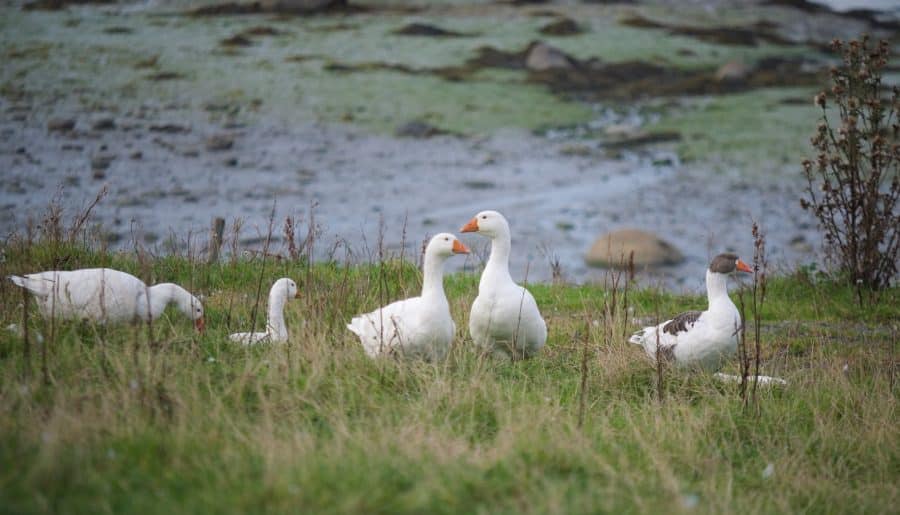Cancer has become one of the most common and serious health problems that many people deal with around the world.
Did you know that the National Cancer Institute reports that in 2022, almost 20 million new cancer cases were identified, with around 9.7 million deaths linked to cancer? That’s about 54,000 people diagnosed every day!
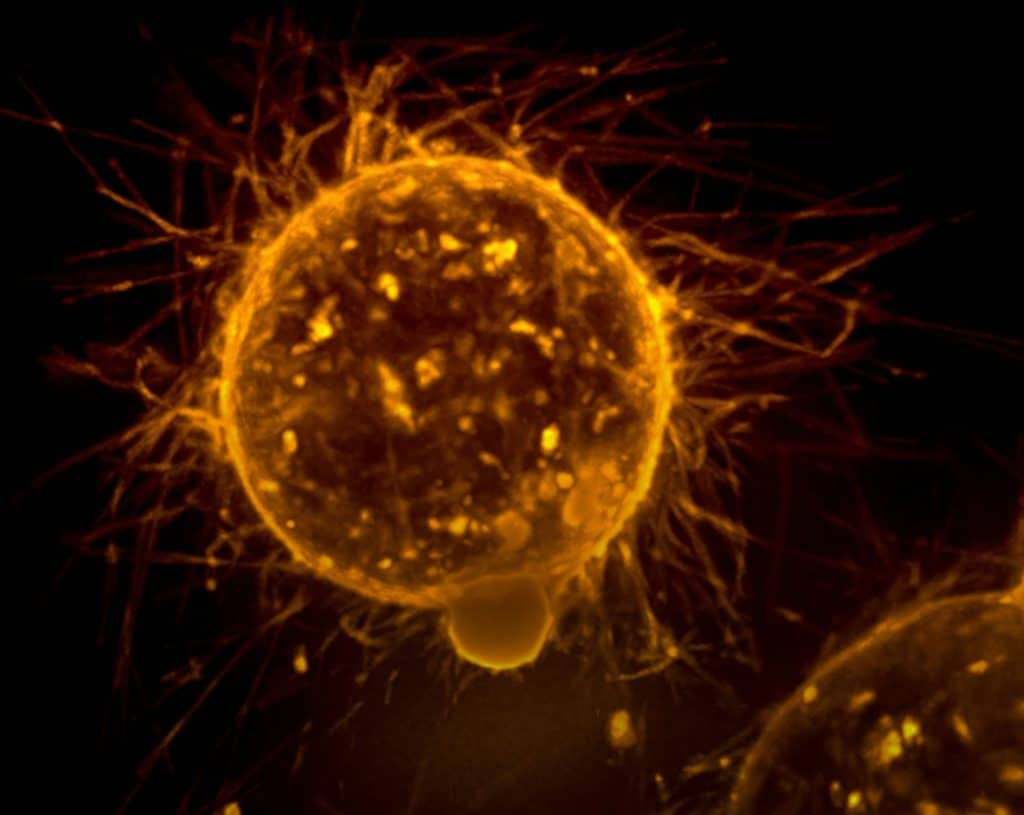
The most common cancers diagnosed cancers in 2024 include breast cancer, prostate cancer, lung cancer, colon cancer, skin melanoma, bladder cancer, kidney cancer, non-Hodgkin lymphoma, endometrial cancer, pancreatic cancer, leukemia, thyroid cancer, and liver cancer.
For men, prostate, lung, and colorectal cancers make up about 48% of all new cancer cases in 2024. For women, the top three are breast, lung, and colorectal cancers, which is about 51% of new cases this year.
While treatments like chemotherapy, radiation, and surgery have helped many patients, they often come with difficult side effects and other challenges.
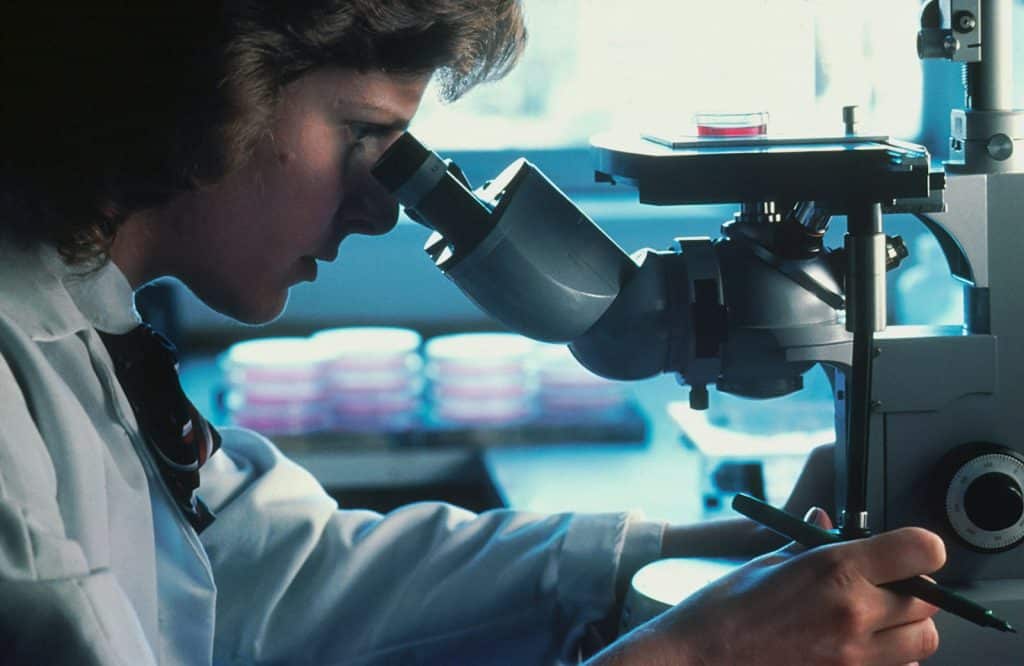
Scientists are working hard to find new ways to fight cancer, and recent findings suggest that promising options may exist.
One incredible example of this is when middle school students found a compound that fights cancer in goose poop.
Amazing, right?
A group of middle school students in Chicago found a compound that might slow down melanoma and ovarian cancer cell growth. It was a strain of bacteria in goose poop at Garfield Park Lagoon.
The discovery came from a 14-week science program designed to give underrepresented students hands-on experience in scientific research.
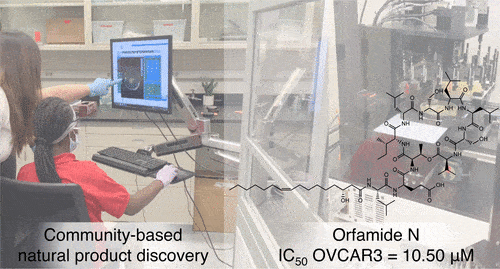
It was led by researchers from the University of Illinois at Chicago (UIC) and partnered with a local Boys and Girls Club. They motivated students to get involved in important research on antibiotics.
Brian Murphy, the project’s lead scientist and director of the UIC lab that focuses on natural antibiotics, mentioned that the program’s goal was to motivate students while also contributing to important medical research.
The students searched neighborhoods for new compounds with potential medicinal properties during the science program. They also learned how to grow bacteria safely and collect samples for university scientists to study.
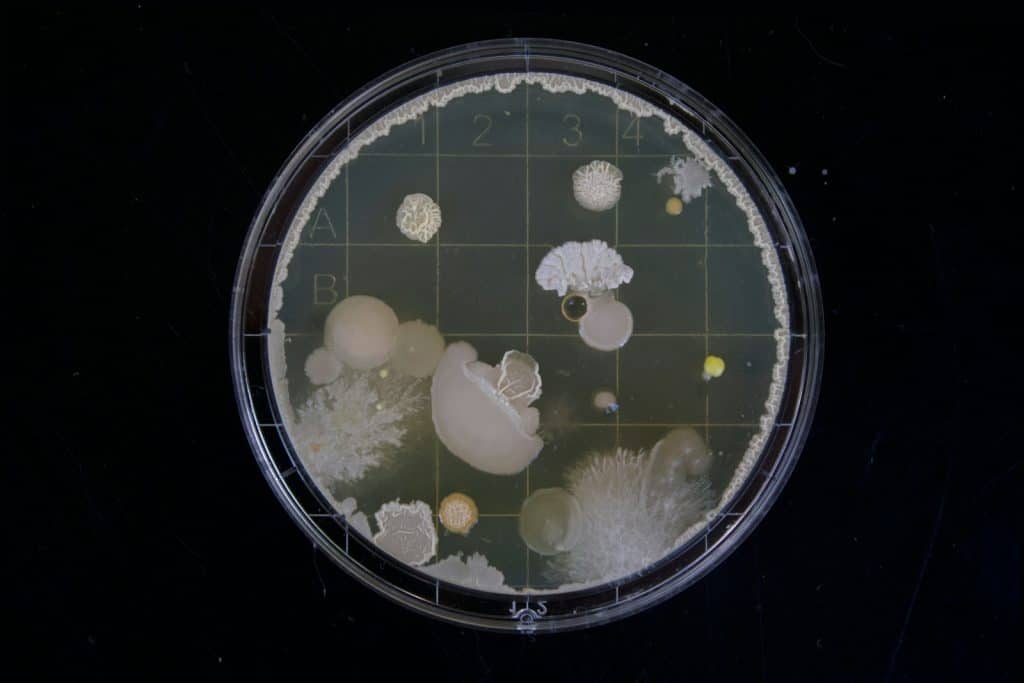
The students even programmed a robot in the lab to help isolate bacterial colonies and test for their antibiotic effects.
One student found a bacteria called Pseudomonas idahoensis in goose droppings. Researchers discovered that this bacteria can prevent over 90% of other types of bacteria that cause skin infections.
Pseudomonas idahoensis also produced a new compound called orfamide N, which could slow the growth of melanoma and ovarian cancer cells.
The results were shared in the journal ACS Omega, with student Camarria Williams recognized as a co-author.
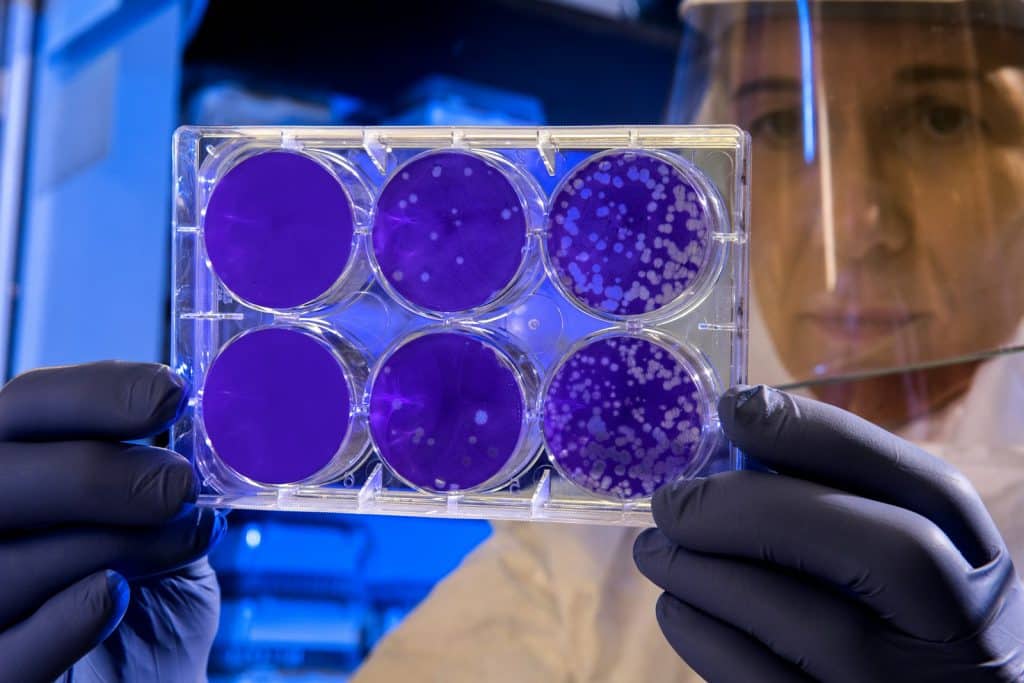
Now, Murphy’s team is looking into whether orfamide N could have other health benefits or work well with different compounds.
However, developing new antibiotics takes a lot of time and doesn’t always work out. From the 14 samples gathered in Chicago, only one showed promise as an antibiotic and more research is needed.
There are still many tests to run before we can say with certainty that this compound works against cancer cells.
